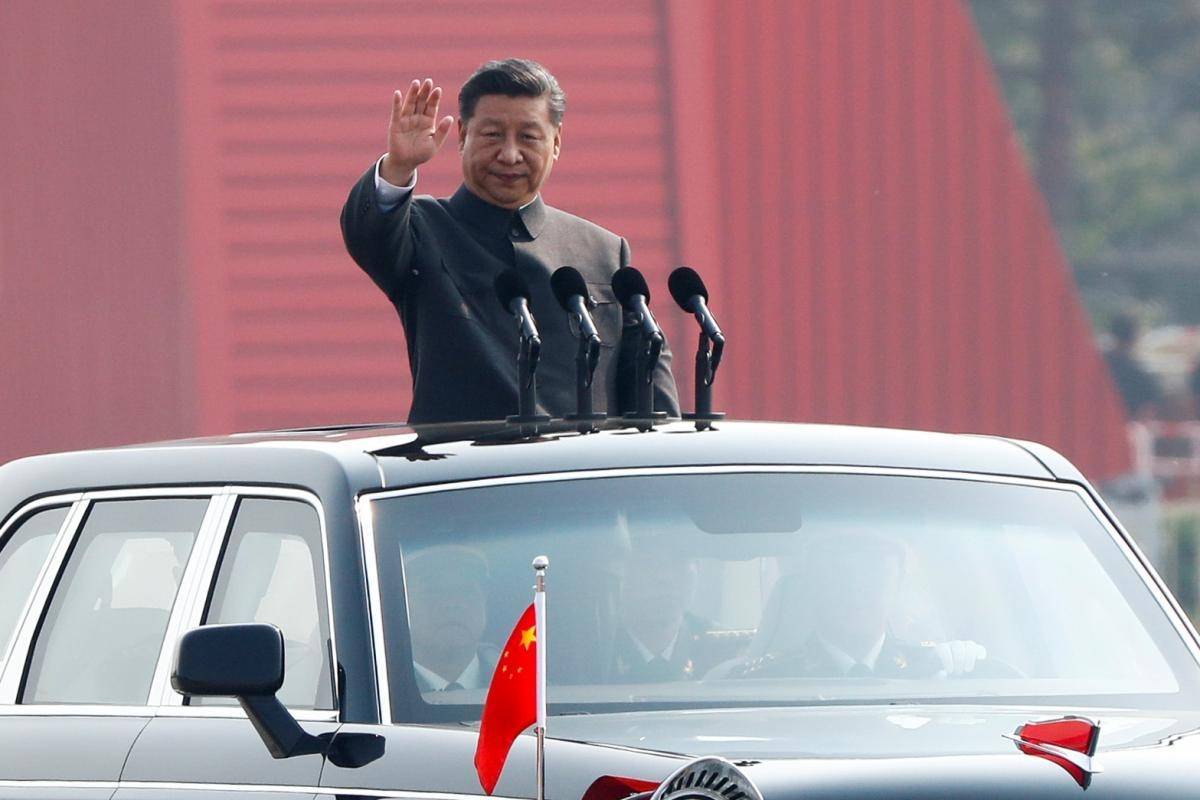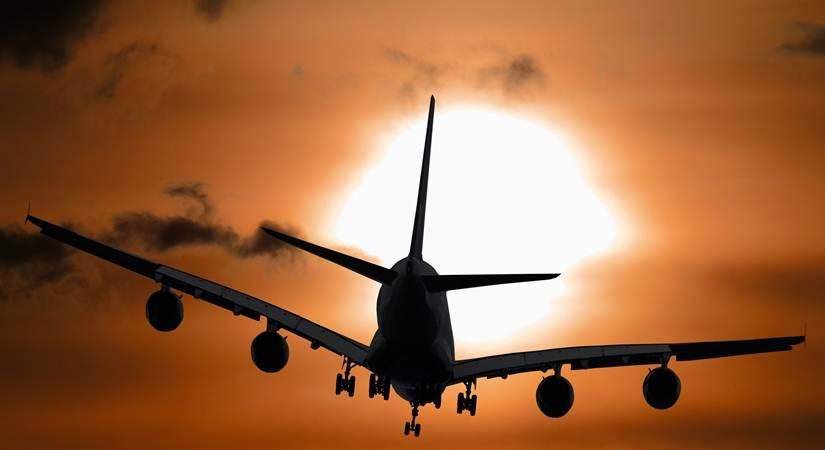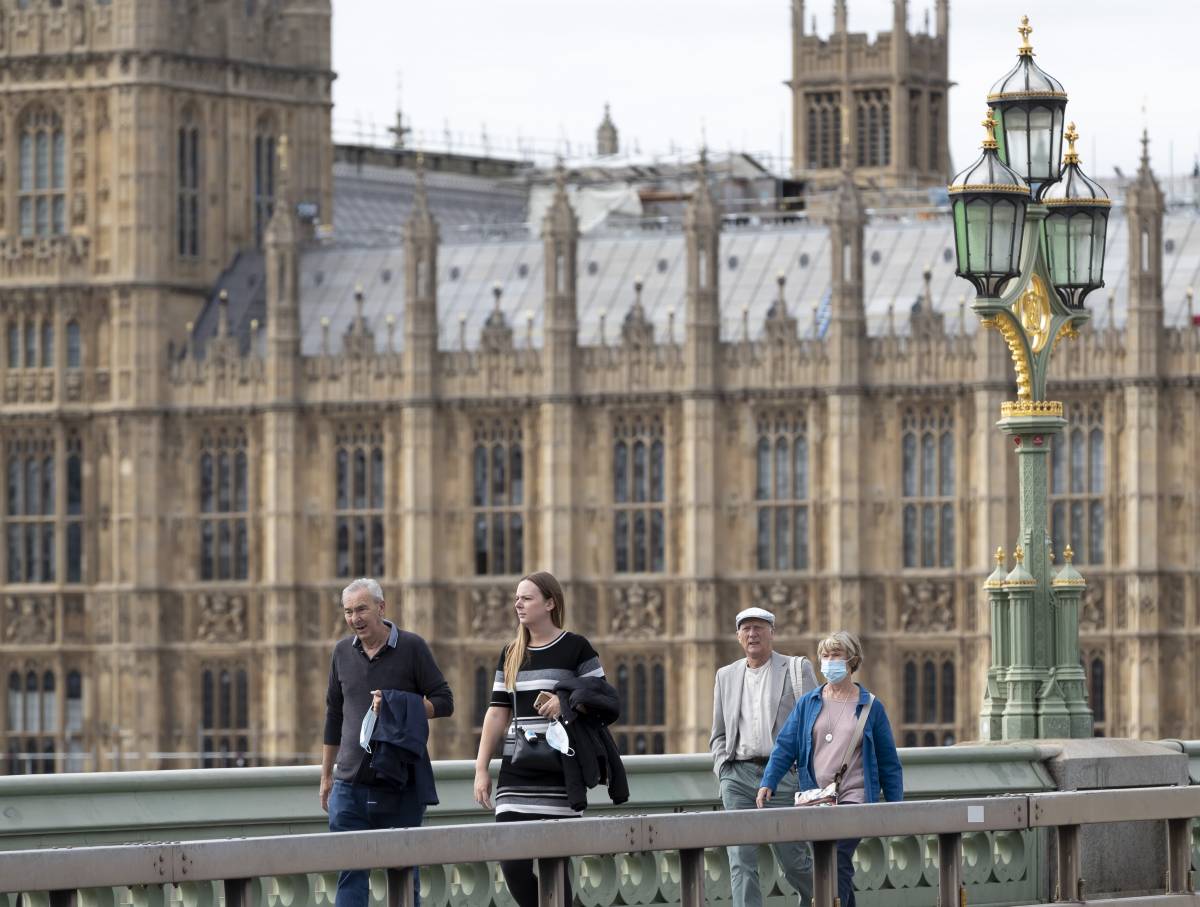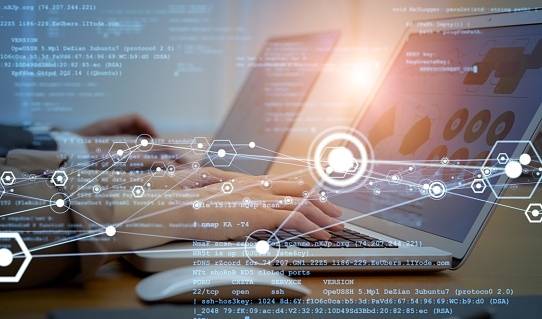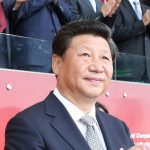Even a blockade of Taiwan would result in sanctions by the US and the EU against the PRC, and that would be the final straw that broke the back of the dragon’s economy, writes Prof. Madhav Das Nalapat

To a visitor from India, the elaborate measures still in place in Taiwan against a revival of the Covid-19 wave may appear excessive. The cabin crew in the Taiwanese airline ferrying passengers from Singapore to Taipei each have protective suits, and passengers are warned to put on masks unless dining. On landing at Taipei, those passengers who have not yet filled the online quarantine form have to do so before going through immigration and baggage claim. After that is an RT-PCR test. Dressed in protective suits, and very young, the staff are helpful and polite, but the time taken for such procedures means that a speedy conclusion of the process of entry is out of the question.
In between, those passengers who do not have a Taiwanese mobile number have to get one for the duration of their stay, to be in contact with those monitoring visitors for any traces of the virus that escaped from a lab in Wuhan and changed the world in even more drastic a manner than Osama bin Laden’s attack on the Twin Towers and the Pentagon did two decades ago. That atrocity led to a complete change in the way security checks were carried out at airports and elsewhere, with airline passengers saying Sayonara to the days when it was possible to reach Hartsfield Airport in Atlanta less than an hour before the Delta flight to Frankfurt connecting on to Delhi left, and make it to the cabin with more than ten minutes to spare.
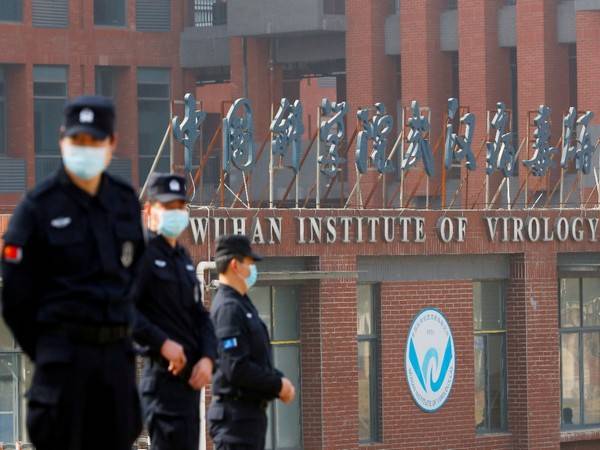
Although those in the Wuhan-Fauci Club constantly babble otherwise, the Covid-19 pandemic was triggered by a leak from the Wuhan Institute of Virology in that city. Thanks to the carelessness of the WIV, the world changed in an even more thorough manner as what was caused by 9/11. Lockdowns imposed a heavy toll on livelihoods, as did the pandemic on lives. Once again, the world changed. And in the new situation, the country most at risk of a bio-attack from a country that is explicit about its distaste for its sovereignty is Taiwan.
As a consequence, measures that appear excessive in comparison to what is present in the UK, US or India may be a necessary precaution, given that there are no limits that CCP General Secretary Xi seems willing to abide by in his quest to get whatever he wants, and by whatever means he believes will achieve his objective. After completing the elaborate process of entry, it’s on to a hotel for quarantine in the room for three days above the day of arrival. Small wonder that there does not appear to be a rush from the outside world to visit Taiwan these days, attractive and hospitable though that island country is.
These are, of course, not the usual times. Xi seems to have a particular distaste of democratically elected US legislators. A visit by a Congressional team led by Speaker Nancy Pelosi sparked off several rounds of fireworks, creating doubts about the quotient of common sense of those in charge in the world’s other superpower. Such a reaction was a gift to the already substantial anti-PRC lobby in the US, especially in the legislative branch. The tide of public opinion is becoming so strong that even President Biden, who has had contact with elements in the CCP for close to four decades is finding it difficult to carry out his wish to remove the Trump tariffs on Chinese imports in the name of fighting inflation.
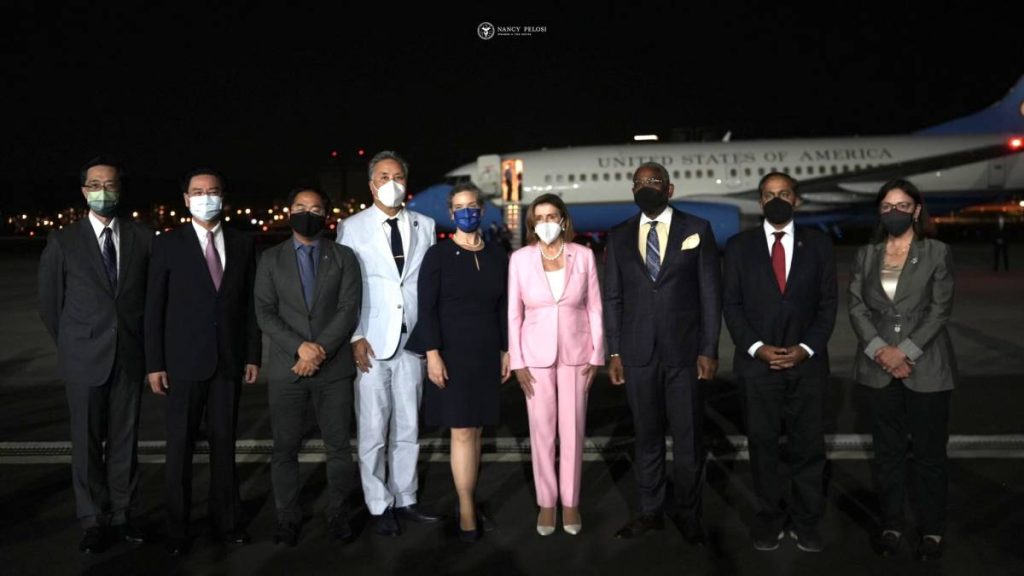
To make things worse for an accommodative, understanding Biden, soon afterwards a fresh lot of US legislators followed in the wake of Nancy Pelosi, and once again the PLA put on a fireworks display that may play well on television in the PRC, but which convinced even peaceniks in key locations such as Tokyo that Shinzo Abe was right in wanting to boost the defensive and offensive power of the Japanese military. Given the number of netizens in the PRC calling for a war against Japan, that appears to be a good idea.
Given that the Chinese economy would implode if Xi were to try and carry out his threat of invading Taiwan through military force, all that the multiple rounds of the Chinese military’s Sound & Light show after the two visits by US legislators to Taipei achieved was to further increase the already massive proportion in the Taiwanese population who are averse to unifying with the PRC. After comments from Chinese Communist Party functionaries that are a textbook example of the false bravado that machismo brings, those Taiwanese who hunger for unification with the PRC must be a very lonely bunch.
In 1995, there was on a much smaller level a similar show of PLA bluster, and this caused an exodus out of Taiwan, not to China but to the US and to countries allied to it. This time around, there was no such trepidation. Even a blockade of Taiwan would result in sanctions by the US and the EU against the PRC, and given the state of the economy in the country run by Xi, that would be the final straw that broke the back of the dragon’s economy. Interestingly, revolutions in China have usually originated in Hunan, which recently witnessed severe unrest as banks were resisting the honouring of cheques.
After the usually persuasive “people’s police” failed to quell the disturbances, all of a sudden bank branches began honouring cheques. The situation across China is not different from what it is in Hunan, and the problems in the province may be a sign of what may lie ahead. If there is a nationwide run on banks in China, it is not certain that images of PLAAF aircraft and PLAN ships circling Taiwan will persuade depositors to accept their losses and remain quiet. What the PRC needs are leaders with common sense, not machismo.


